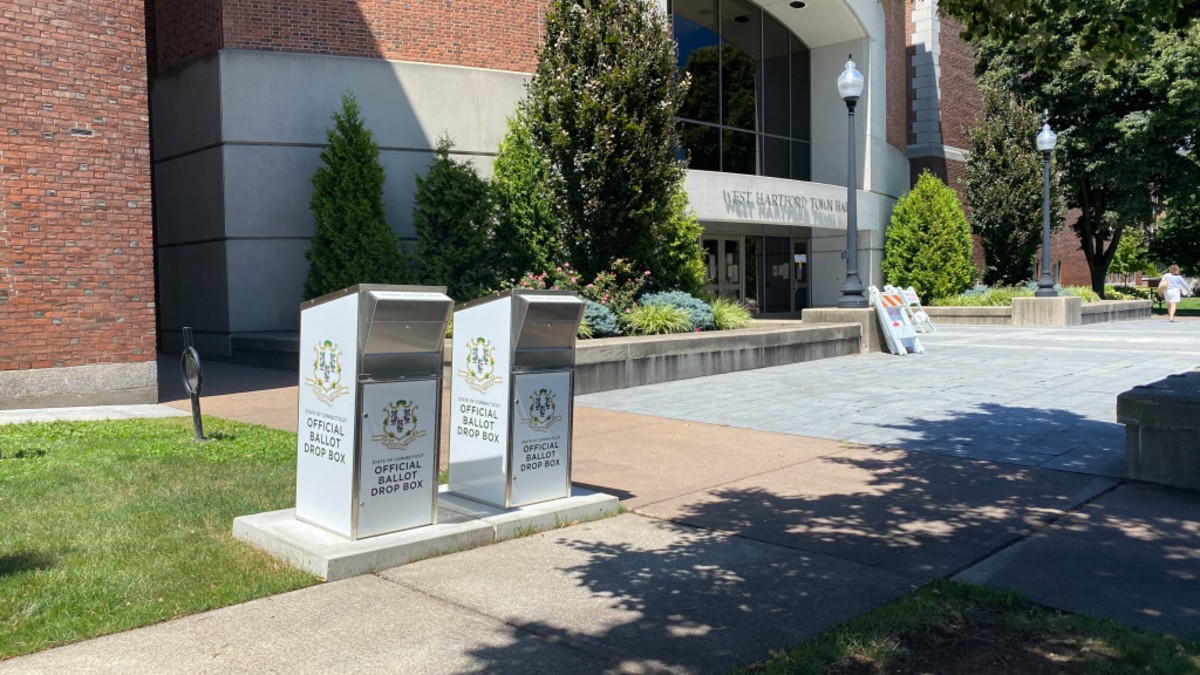Reproductive health services need to be accessible on public college campuses, according to Public Act 23-41, a new law that passed in July 2023. State lawmakers tasked universities to develop plans to make sure students can access prenatal care, contraception, abortion and gender-affirming care accessible.
College students can visit their school’s health center for care and then get connected with women’s centers like Hartford GYN Center for additional services.
On Wednesday, the Commission on Women, Children, Seniors, Equity & Opportunity (CWCSEO) hosted a convening on this topic.
“I think we will hear more today from students what the experience was like last year and then what their hopes are as school is in play this year,” said Melvette Hill, the executive director of CWCSEO.
Get top local stories in Connecticut delivered to you every morning. Sign up for NBC Connecticut's News Headlines newsletter.
Lucia Glatz attended. She is a sophomore at Wesleyan University, a private university, and is part of a club on campus that provides reproductive resources.
“You can ask for Plan B if you need to, but we’re working on an over-the-counter system with the university right now so instead of waiting, of having to contact us, because we’re an external club, doing it directly from the health center,” said Glatz.
That’s an example of student feedback that lawmakers, medical providers and administrators wanted to hear. They want to know what is working and what needs to be improved.
Local
“This legislation asked our residential public campuses, UConn and the CSCU system to put together a plan on how they can create this accessible care. It’s really had the campuses continue to look at what more they can do. What more they can do to make transportation easier, what more they can do to offer certain services on campus and I think those are the changes we’re hoping to see even further today to get some good ideas for the next legislative session as well,” said Kate Farrar, a Democrat who represents West Hartford and Newington.
Advocacy groups like Reproductive Equity Now were also there to support students and to hear from them.
“We want to ensure that students can access all of the care and support they need so they can continue pursuing their educational and career goals,” said Liz Gustafson, the Connecticut state director of Reproductive Equity Now.



